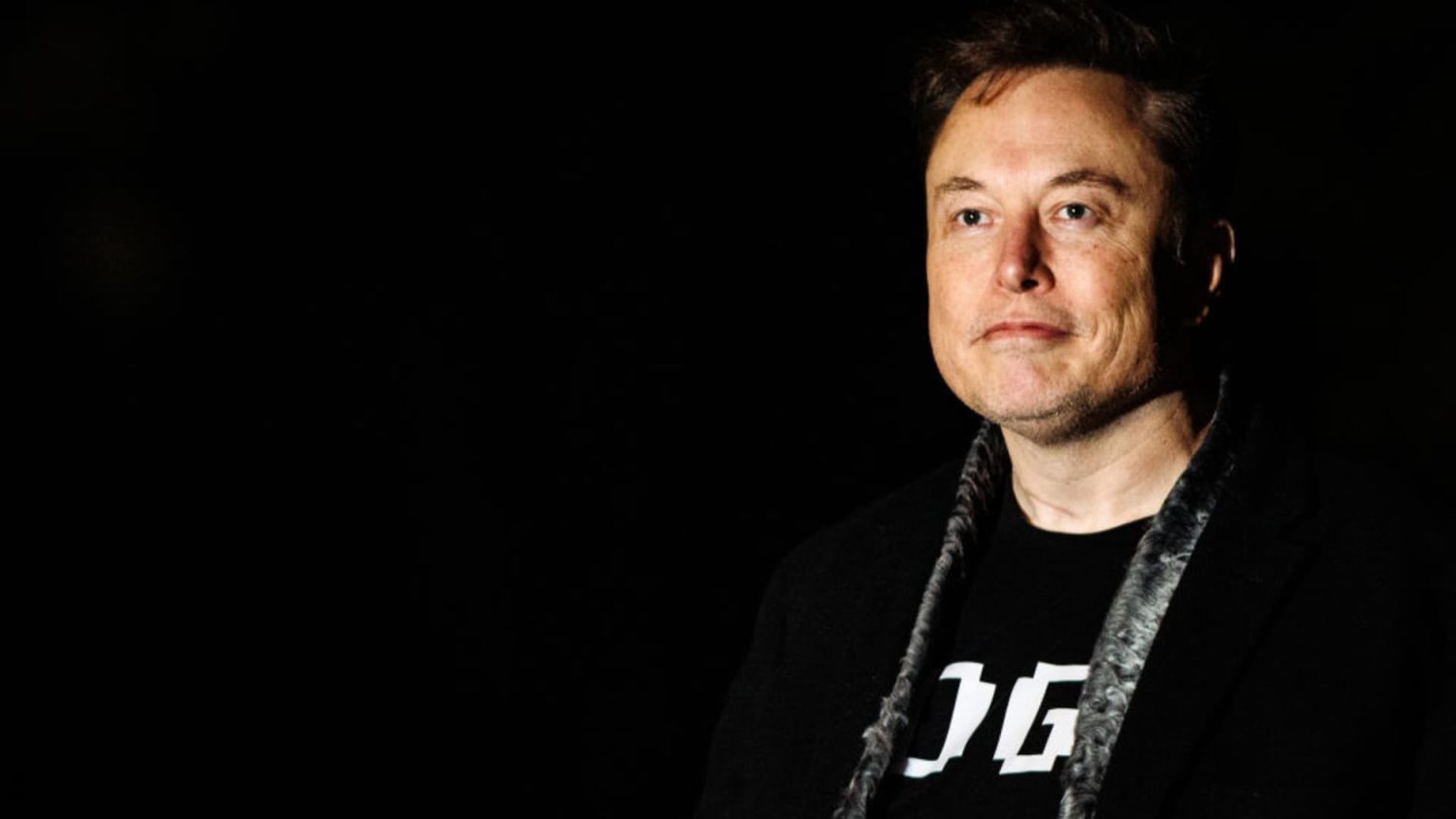A recent report from the Senate Democratic committee has raised serious concerns regarding Elon Musk and his potential influence over federal government operations. Allegations suggest that Musk may be using his power to circumvent legal liabilities, which are estimated to exceed $2 billion, through an aggressive restructuring of governmental oversight. As scrutiny intensifies, questions arise about the implications of Musk’s actions for corporate accountability and regulatory compliance.
| Article Subheadings |
|---|
| 1) Overview of Allegations Against Musk |
| 2) Details of Potential Financial Liabilities |
| 3) Legislative Response and Investigations |
| 4) Musk’s Defense and Government’s Standpoint |
| 5) Future Implications for Corporate Governance |
Overview of Allegations Against Musk
The report produced by staff from the Senate’s Permanent Subcommittee on Investigations (PSI) outlines various allegations against Elon Musk and his businesses. The accusations focus on Musk’s purported use of his influence to shift regulatory oversight in his favor, effectively allowing him to evade accountability for multiple legal actions. This has raised alarm among lawmakers, who assert that such actions put corporate governance at risk and undermine public trust in regulatory frameworks.
The contention is that Musk’s strategy revolves around a “Department of Government Efficiency” aimed at eliminating oversight in ways that benefit his corporate interests. Critics suggest that this maneuvering could escalate the risks associated with his companies, fundamentally jeopardizing regulatory compliance across the industries where they operate. The vast implications of this situation lead to essential questions about the role of powerful individuals in shaping governmental policies.
Details of Potential Financial Liabilities
The 44-page memo from the Senate Democratic committee lays out specific dollar amounts associated with the regulatory scrutiny faced by Musk’s companies. According to the document, Tesla encounters around $1.19 billion in liabilities due to allegations of misleading consumers regarding its autopilot features. Meanwhile, Neuralink potentially faces $281 million in liabilities over claims pertaining to health risks associated with its products. Furthermore, the companies have reported significant penalties involving alleged violations of the Animal Welfare Act, which could reach upwards of $1.59 million.
These substantial figures serve to highlight the degree to which Musk’s operations are under investigation and the potential impact of regulatory actions if upheld. The ramifications extend beyond financial penalties and underscore how legal issues can complicate corporate governance, casting a shadow over Musk’s reputation and business ventures.
Legislative Response and Investigations
In response to the rising concerns, Senator Richard Blumenthal has initiated formal inquiries targeting five of Musk’s companies, namely SpaceX, Tesla, Neuralink, The Boring Company, and xAI. His letters demand detailed disclosures regarding ongoing federal investigations affecting these businesses, especially the inquiries that were pending prior to Donald Trump‘s inauguration.
Additionally, Senator Blumenthal seeks insight into the measures each company has taken to maintain a distinct separation between Musk’s government affiliations and the investigations facing the companies. These inquiries aim to enhance transparency and reinforce accountability within corporate governance frameworks. Companies are expected to respond promptly, as Congress aims to ensure adherence to regulatory protocols amidst these critical allegations.
Musk’s Defense and Government’s Standpoint
In light of the allegations and subsequent investigation, the White House has firmly rejected any insinuation that Musk might have exploited his governmental role for personal or financial gain. A spokesperson described such allegations as “completely false and defamatory.” This line of defense not only shields Musk but also reflects an overarching intent to preserve the integrity of governmental operations amid ongoing investigations.
The rhetoric from the White House, particularly the statement labeling Senator Blumenthal as suffering from “Trump Derangement Syndrome,” underscores the contentious political landscape. The government’s staunch defense of Musk could complicate legislative efforts aimed at scrutinizing corporate governance effectively. The power dynamics between private enterprises and government oversight continue to blur, raising essential questions about regulatory effectiveness.
Future Implications for Corporate Governance
As the situation develops, the implications for corporate governance are poised to grow significantly. The present allegations against Musk illustrate the delicate balance between innovation and accountability. Should Musk successfully evade the regulatory challenges posed against him, it may set a dangerous precedent that encourages other corporate leaders to similarly leverage their influence to avoid scrutiny.
In the long term, this scenario could lead to more stringent regulatory measures intended to rein in excessive authority exercised by individuals in powerful positions. As public trust continues to wane, corporations will find themselves under increased pressure from both lawmakers and the general public to ensure accountability, transparency, and ethical governance practices across all domains of operation.
| No. | Key Points |
|---|---|
| 1 | Elon Musk is accused of using his influence over government to avoid regulatory oversight. |
| 2 | Musk’s companies face combined potential liabilities exceeding $2 billion. |
| 3 | Senator Richard Blumenthal has initiated formal inquiries into Musk’s businesses. |
| 4 | The White House denies allegations of Musk leveraging government roles for personal gain. |
| 5 | The situation may lead to increased scrutiny and changes in corporate governance practices. |
Summary
The ongoing investigations into Elon Musk’s actions pose significant implications for corporate governance and regulatory compliance. With potential liabilities reaching astronomical figures, the need for oversight is more pressing than ever. As federal inquiries advance, the critical balance between innovation and accountability must be carefully navigated to restore public confidence in corporate ethics.
Frequently Asked Questions
Question: What are the main allegations against Elon Musk?
Musk is accused of using his influence to circumvent regulatory oversight and evade potential liabilities from multiple investigations into his businesses.
Question: How much potential liability do Musk’s companies face?
The companies associated with Musk potentially face over $2 billion in regulatory and enforcement actions, according to a Senate report.
Question: What has the Senate’s response been to these allegations?
Senator Richard Blumenthal has issued formal inquiries to Musk’s companies, demanding details about federal investigations and the steps taken to maintain separation from Musk’s governmental activities.


